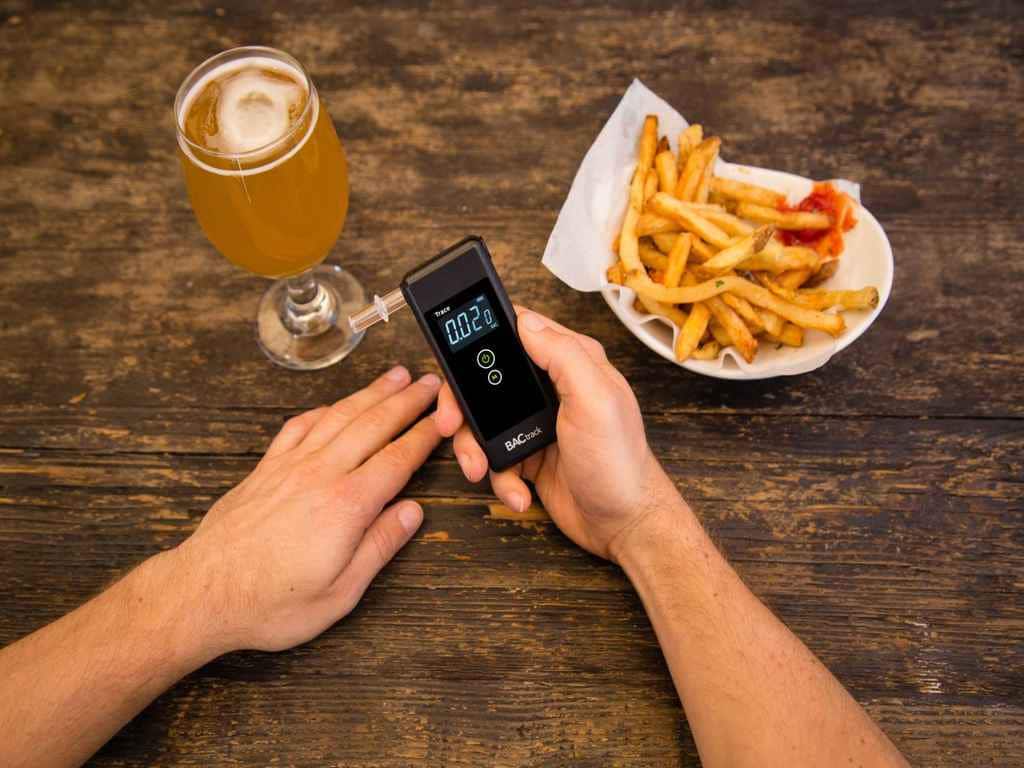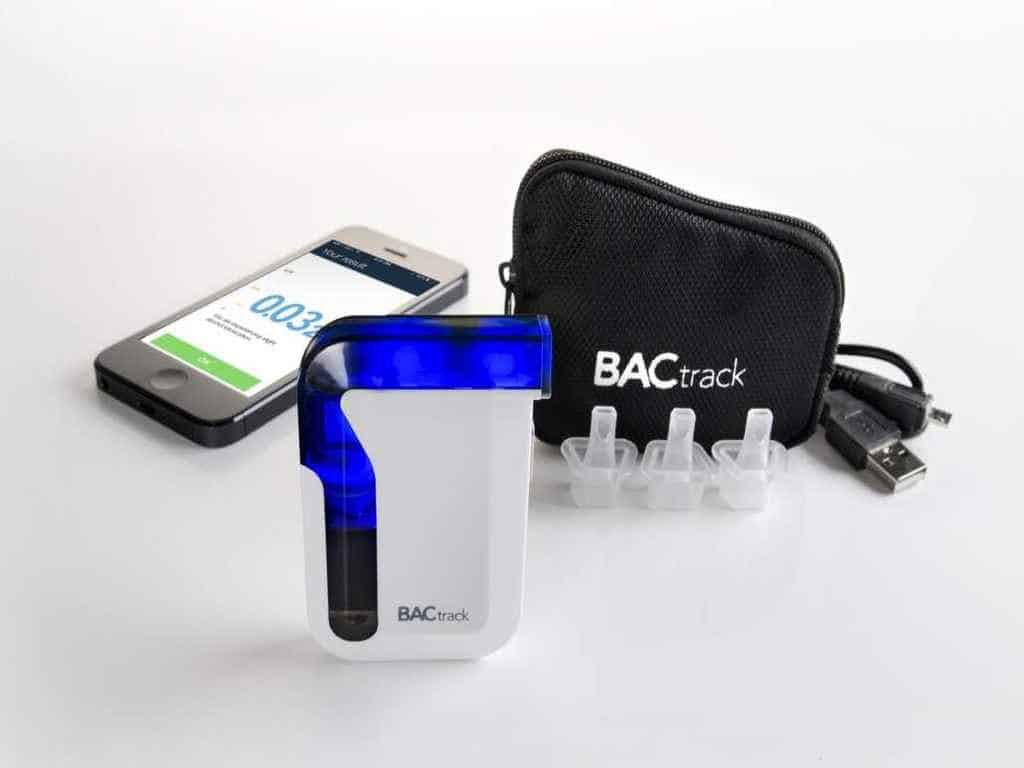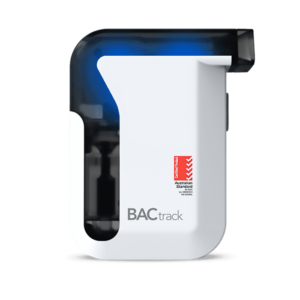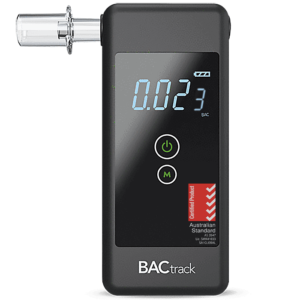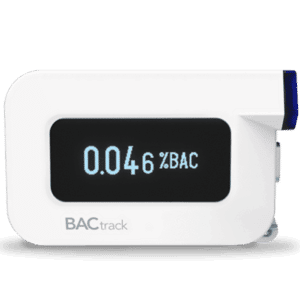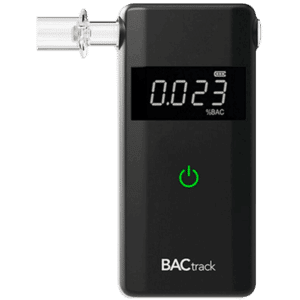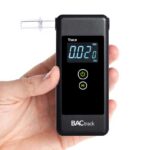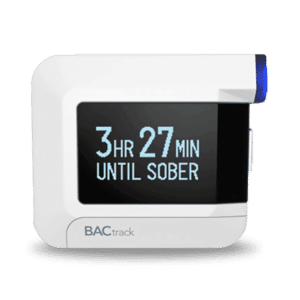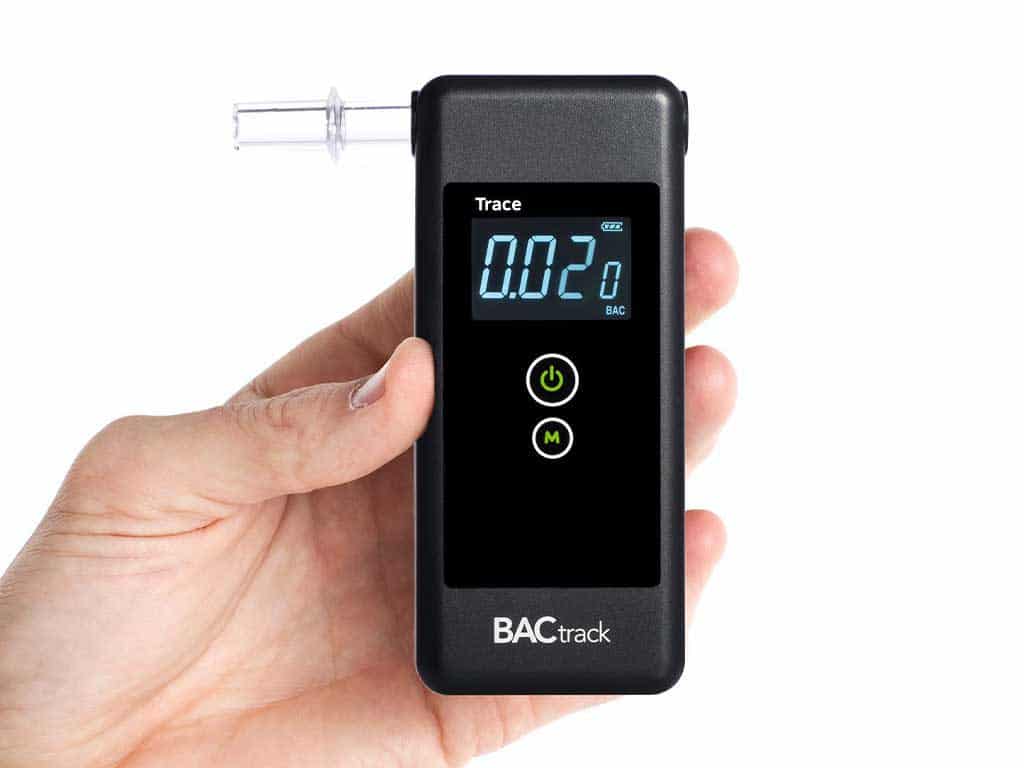
Incidents resulting from excessive alcohol intoxication are unfortunately common in Australia. As a result, companies and everyday people are purchasing breathalyzers to help ensure safety on the road and in the workplace. Breathalyzers are convenient, practical and portable devices that measure a person’s Blood Alcohol Concentration (BAC) and intoxication level. The breathalyzer’s sensor is its most important feature. Moreover, breathalyzers with extensive fuel cell electrochemical sensors thoroughly examine the alcohol content in a single breath sample. Nevertheless, alcohol residue may build up over time and affect these sensors. As a result, breathalyzers require proper usage and care to maintain their accuracy and effectiveness. Furthermore, calibrating a breathalyzer involves time and effort, but it is essential to ensure the continued effectiveness and functionality of the device. Breathalysers Australia offers complete calibration services for all purchased BACtrack breathalyzers.
The quality of BAC readings may fluctuate as a breathalyzer’s sensors drift. Inaccurate breath tests can lead to a false sense of security and increases the risk of impairment and untoward incidents. Accurate breath tests are made possible through diligent and regular calibration. Breathalysers Australia includes extensive service for calibrating breathalyzers and notifying users if their unit is due for maintenance.
The Necessity for Calibrating Breathalyzers
Frequent use and extensive alcohol concentration can build up stress on the sensors of the breathalyzer over time. Although these devices are highly accurate and dependable, there will come the point where the device can no longer give an accurate reading. Usage frequency is the prime factor for determining the usage period before calibrating breathalyzers. Alcohol concentrations build up in the device when users don’t wait 15 minutes after drinking alcohol. This alcohol residue severely affects sensor accuracy. Therefore recalibration is needed with significant residue build-up.
Guidelines for Calibrating Breathalyzers
Maintaining breathalyzer accuracy and keeping track of breathalyzer recalibration needs is essential. People use personal breathalyzers to avoid road accidents and monitor their alcohol consumption habits. In addition, they are primarily used in social events to prevent driving while exceeding legal BAC levels. As a result, compared to workplace breath checkers, people use personal breathalyzers less frequently. As a result, Breathalysers Australia advises a 12-month period of use for calibrating a breathalyzer for personal use. Nevertheless, recalibration times are different for personal breathalyzers for users who habitually consume alcohol and regularly have high BAC readings. In addition, higher levels of alcohol concentration result in residue build-up and sensor damage. Consequently, recalibration is vital for personal breathalyzers that see constant use.
On the other hand, well-maintained and calibrated workplace breathalyzers are essential for implementing workplace drug and alcohol policies. Severe alcohol intoxication in the workplace threatens company morale and risks steep legal and medical costs in the event of an accident. As a result, regular alcohol breath tests are vital for preventing accidents, especially in high-risk and safety-critical industries. Workplace alcohol screenings with breathalyzers give quick results and are easier to apply. Thus, breathalyzers are cost-effective alternatives for blood, urine, saliva and hair tests for alcohol. Therefore, the period prescribed for calibrating a breathalyzer for workplace use is every 6 to 9 months. In addition, warranties apply if the device has not been tampered with or opened. Fully calibrated workplace breathalyzers are a powerful tool for providing safety in the workplace.
The Process for Calibrating Breathalyzers
The periods of use before calibrating breathalyzers depend on the model, sensor type and certification requirement of the device. For instance, workplace fuel cell models require calibration every 6 to 9 months. It is the recommended frequency because workplace breathalyzers see more intensive use. By comparison, personal fuel cell breathalyzers only require recalibration every 12 months. Furthermore, if the BAC results start to fluctuate despite the low consumption of alcohol, the device may be due for recalibration. Breathalyzer accuracy will drive over time, even if users don’t conduct breath checks frequently. Breathalysers Australia sends automatic emails on the date of purchase to notify users of the device’s estimated recalibration period. Breathalysers Australia advises users to check the calibration period and policy of the device before sending it for maintenance.
In addition, Breathalysers Australia complies with AS3547 local requirements to ensure high levels of precision for BACtrack breathalyzers. These devices can only receive maintenance and calibration from trained professionals. Calibrating a breathalyzer is an intensive process. Firstly, the technician adjusts the software inside the breathalyzer to maintain accuracy. Secondly, the technician uses a special fluid to flush and clean the sensor. After which, an extensive testing period at various BAC levels begins. This allows the technician to confirm if the device conforms to acceptable variance norms for sensor performance. Then, the technician cleans and services the unit’s airway. Thus, users are advised never to tamper with the BACtrack breathalyzer and risk damaging the sensors. Tampered devices will have their warranty voided.
Sending Process for Calibrating a Breathalyzer
Breathalysers Australia provides thorough and accessible calibrating breathalyzer services for BACtrack devices. However, users should note that BACtrack products that have lapsed the appointed calibration period of 18 months are not eligible for calibration. If this is not the case, people may follow these easy steps for sending their breathalyzer to Breathalysers Australia for recalibration.
- Please wait for a pre-addressed Australia post satchel and place the breathalyzers in their protective case before dropping them off at the local post office.
- Once Breathalysers Australia receives the breathalyzer, it will receive a half-day-long recalibration process to check for consistency and receive maintenance. After 1-2 business days, the device will be packaged and prepared for dispatch via Australia post.
After which, you will receive the breathalyzer, and the device will work as if fresh from the package.
Calibration Costs
Devices from Breathalysers Australia each have serial numbers for tracking recalibration needs. Therefore, a monitoring program is implemented to send users emails informing them when recalibration is due. Calibrating breathalyzers is essential for maintaining the accuracy and effectiveness of these devices. In addition, there is a fee for the recalibration and maintenance process. Such costs will depend on the breathalyzer’s model and sensor type. Moreover, the fee includes pickup and returns to and from New South Wales. Users can refer to recalibration costs here.
Takeaways
The dangers of excessive alcohol intoxication have made breathalyzers a necessity in daily life. Many use personal breathalyzers such as a BACtrack device to better monitor their BAC and keep from going over the legal driving limit. Likewise, many companies keep pro-grade breathalyzers on hand to help implement workplace drug and alcohol policies. As a result, services for calibrating breathalyzers are essential for maintaining their accuracy and effectiveness. Regular recalibration helps ensure that your breathalyzer or that of your company stays adequate and dependable. Breathalysers Australia provides complete and hassle-free recalibrating services for its BACtrack breathalyzers and helps ensure that your devices remain effective for maintaining sobriety and safety on the road and in the workplace.





